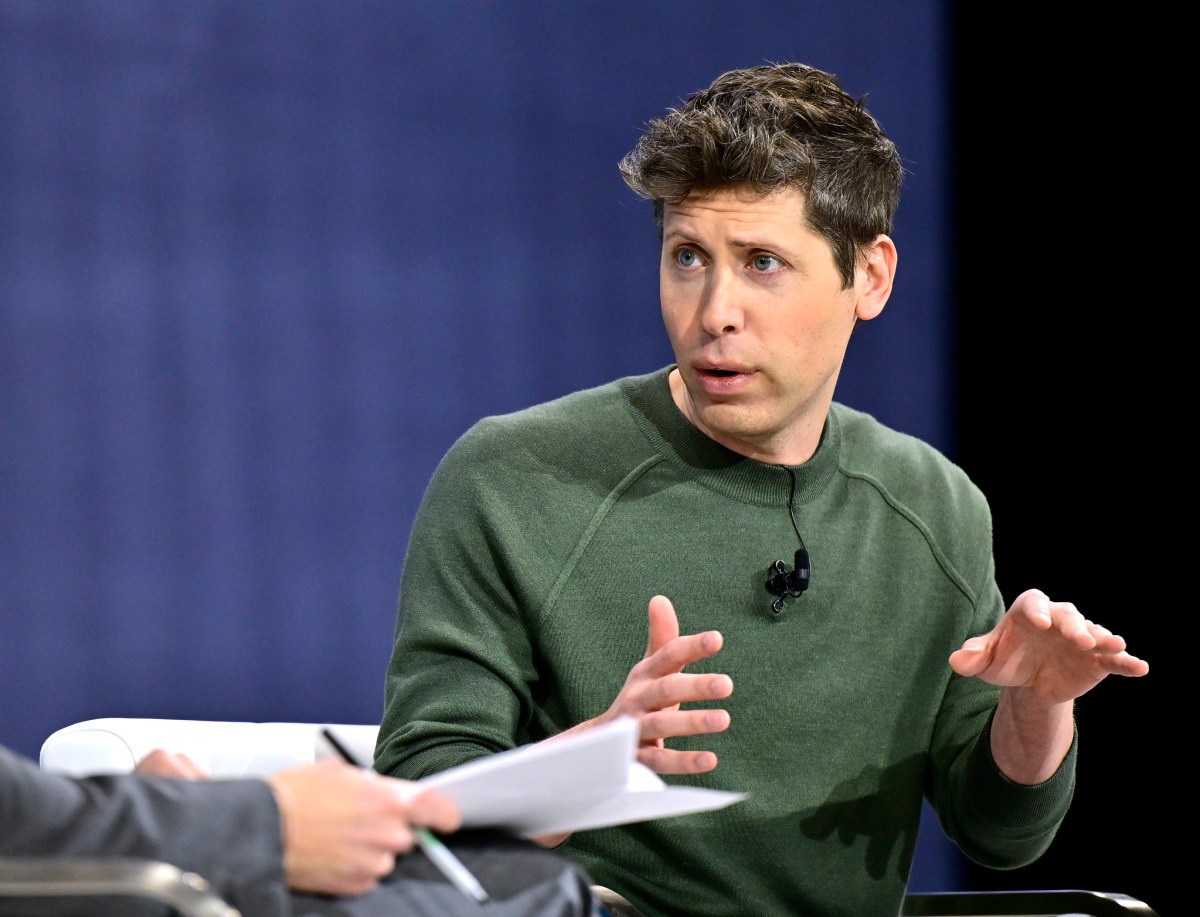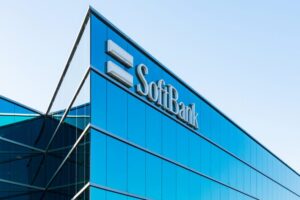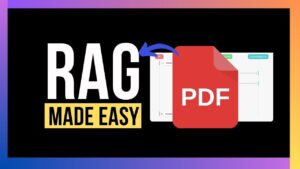Viral Studio Ghibli Moment Raises AI Copyright Concerns

The Surge of AI-Generated Images: Studio Ghibli Style Takes Social Media by Storm
Introduction to AI Image Generation
Just one day after OpenAI released its AI image generator, social media platforms are already buzzing with creative content. Users are posting countless AI-generated images that mimic the enchanting style of Studio Ghibli, the beloved Japanese animation studio renowned for iconic films like "My Neighbor Totoro" and "Spirited Away."
Memes and Popular Images Flooding Online
In the last 24 hours, an array of AI-generated images has emerged, featuring popular personalities and pop culture phenomena. These include representations of notable figures such as Elon Musk, President Donald Trump, and renditions of "The Lord of the Rings." Even OpenAI’s CEO, Sam Altman, has taken part, crafting a new profile picture that resembles Studio Ghibli’s art style — likely created using the same AI tools.
How Users Create and Share AI Images
Users have discovered that they can upload their own photos to the ChatGPT platform and request the AI to recreate these images in various artistic styles. This capability has led to a playful exploration of artistic expression online.
The Legal Landscape Surrounding AI Artwork
This development comes shortly after Google introduced a comparable AI image feature within its Gemini Flash model. The emergence of such tools raises pressing questions regarding copyright and intellectual property rights.
Are Copyright Laws Being Violated?
As Evan Brown, an intellectual property lawyer, explains, these AI tools operate in a somewhat ambiguous legal environment. Although the style of artwork is not directly protected by copyright, it’s essential to consider how AI models like OpenAI’s may have learned to replicate these styles. Brown suggests that if OpenAI’s model was trained on many frames from Ghibli films, it might create a legal gray area regarding copyright infringement.
Current Lawsuits Against AI Developers
OpenAI is facing legal challenges from major publishers such as The New York Times, who argue that the company has trained its AI on copyrighted materials without proper compensation. Other AI companies like Meta and Midjourney have also encountered similar lawsuits.
OpenAI’s Position on Style Replication
In a statement, OpenAI made clear that while their tools aren’t designed to replicate the styles of individual living artists, they allow for broader artistic studio styles. This too raises ethical questions, especially considering that Studio Ghibli’s unique style is closely associated with its co-founder, Hayao Miyazaki.
AI Image Generation Beyond Studio Ghibli
Interestingly, users have also manipulated the new image generation feature to produce artwork in the styles of various other artists and studios. For instance, one user created a portrait of Marc Andreessen styled like Dr. Seuss, while another transformed their wedding photos to resemble classic Pixar animations.
Testing AI Image Generators
Various AI image generation tools, including those from Google’s Gemini and OpenAI, have been put to the test in attempts to recreate Studio Ghibli’s distinctive artistry. Among these, OpenAI’s generator appears to produce the most accurate representations, endearing itself even further to enthusiasts of Ghibli films.
Left: A real dog; Right: An AI-generated image in Studio Ghibli style (credit: Maxwell Zeff/OpenAI)
Conclusion
The new AI capabilities from OpenAI and Google mark an exciting advancement in image generation. However, as interest surges, so too does the need for clarity on the legal ramifications surrounding these powerful tools. As developments in artistry and law unfold, the conversation about the ethics and legality of AI-generated content continues to grow in importance.






